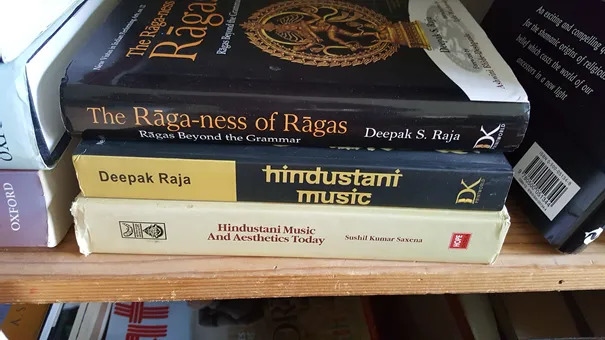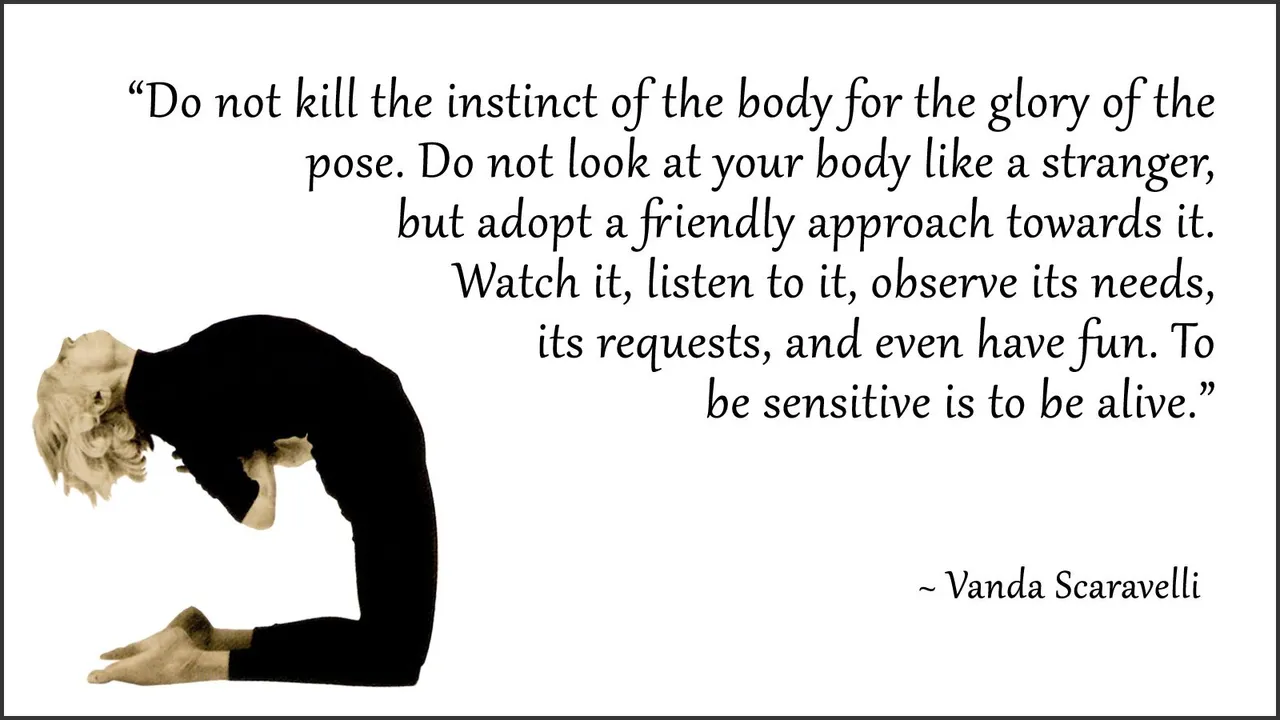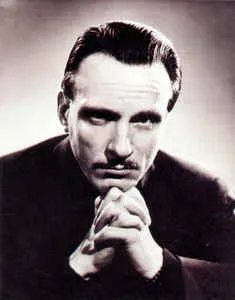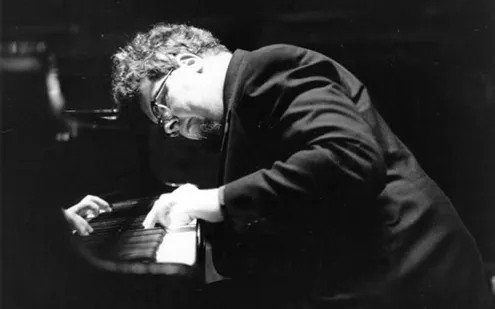

I was listening to John Sessions on BBC Desert Island Discs - to find myself amazed that the person I knew only as an impersonator is extremely euridite (think Phd material) but above all eclectic in his cultural tastes (if there ever wasn’t a snob) - when one of his choices made me realise I have hardly listened to the Rolling Stones. As ever, for true fans, it was nigh impossible for him to pick the best song by his favorite rock and roll band, but he singled it down to “Gimme Shelter” as one of their most exciting songs. I could hear that much, eventhough this was a rude transition from his more sober records in the choices of the larger-than-life Mahler (whose fourth probably is better than Beethoven’s ninth) and Brahms, Elgar and Puccini.

(but there is always the possibility that steem will be handed out to those who need it - and show their community spirit - before I leave)
Maybe #adsactly can help me out? (I don't know how else to reach an expert here.)
How come I missed out on the Stones? I’m old enough…. Well, maybe not quite. The fact my sister (5 years my junior) explored this band was owing to a nineties retro-vibe in her late adolescence. She managed to take my mother along with her, who was always looking for ways to be closer on her suicide watch. I think the Stones bled into or out of the Doors, about whom a film came out, around the same time, which they both went to see. It boggled my mind: since there was never any music in our home (apart from the album leaves and sonatas my sister practiced). Did it help set them free? Shucks, maybe for an hour or two. When are rock-and-rollers ever really free unless they are on stage?
In the mean time as an aspiring nutritionalist, I remained disturbed by the appearance of the front men. Furthermore, rock-and-roll used to be for me a very intrusive affair. It came with OTT characters and either aggressive or soppy lyrics , but above all, it had, predominantly, a monontonous and very insistent beat. Back then I found the drum a terrifying instrument. Of course, this had to be tackled head-on.
The drums used to frighten me. This is rather telling, to anyone who knows how to interpret the mal-alignment of ether-astral body this indicates. My etheric shrunk back from the astral body inviting her to dance. I prefered to be a flower.

I started off with tabla, fairly comfortable with the flutes of Sachdev and Chaurasia by the time I reached adulthood. Since then, I have emersed myself in the world of raga thanks to the guiding help of Deepak S. Raja
Next came Gino Vanelli and Steely Dan. Thanks to the yoga-girl who was a vegetarian and into Maharshi and (unbeknownst to me at the time) Anthroposophical nutrition. Boy, did she dazzle me, radiant with her heart-to-heart purity, as much as she annoyed me to no end with not an intellectual cell in her head. She briefly took me under her wing, and I never looked back.

Then I found Jazz - through filme noire. Slowly along the West coast with Getz and Brubeck, into older precursors and harder Bop, pausing at Stravinsky, besides. Slowly through Evans and falling madly in love with Monk, and finding a passion for the bass, till we go all out with fusion on the one hand (Carlton, Scofield, Zawinul) and Redman, Coleman on the other, the Marsalises and every pianist I could find in between, and more woman friendly buds opening up for me too, with Betty Carter, Gerri Allen and Patricia Barber. We even made it to North Sea. Until calamity struck. And a savant Jazz drummer walked up to me and picked me for a wife.
The aspiring healer concludes: expose your children young, mothers, to the repetitive rhythms of the physical and all its masculinity, for else they may end up marrying a drummer just to weed out that first aversion, once and for all - but take it from history, Jazz shared is never a good reason for marriage.
The Scotsman Sessions (there is something unique about the Scot not found in the Brit, I cannot help but noting every time a distinguished one speaks) also made me dig up Beethoven’s relatively obscure and pre-last work, and specifically the very ethereal third movement of the 15th String Quartet, Opus 132. It was not a work I had listened to intently, yet.

Beethoven and I have a special thingy going on, since I had to reseach his piano sonatas, all 32 of which a character in my non-novel (often found stepping on it in a snappy Mercedes) learns to play by heart before he reaches the age of 15, to then close the lid of his piano and never - ever - play again. Can it be done? The waste! The mystery…. The idiocy of asking me to look into this! I can barely play Frère Jacques on the recorder…. Dark, determined and very taciturn, the Lithuanian-Russian would show me it could be done because it had to be done to show us that all the music we play we have already heard before birth. Or we could not have been born. Right. If you say so.
↑ Arturo Benedetti Michelangeli
How to hear your character play? If you don’t even play yourself, but leave that talent to your baby sister (aswell)? Does he have Ashkenazy’s slavic charisma? Otherwise does his playing resemble the Russian born Kissin or Gilels? Who may he have heard on his record player? Does he have Benedetti Michelangeli’s enigmatic touch? Is he the classical Barenboim? I doubt he has Brendel’s sparkly fingers. And Pollini I reserve for Chopin, while the quirky Gould for me is Bach and only Bach (or the only Wagner I find palatable). I never heard much by the highly recommended Richard Goode and never even heard of recordings in existence by Stephen Kovacevich. I keep returning to Richter, but I could not possibly argue why.

In the Flying Fish (the precursor to the Blue Dakini) I listend predominantly to tapes by Kempff. I’d get the Iranian best friend to sit in the passenger seat and lend me his (fairly useless) ear. Not only is he deaf to all music but Latin, he never heard his best friend play (meeting him only at university). It can’t have sounded as good as any of these “masters”, I propose: prodigal, Moscow conservatory ready or not, the pianist is only 15! The genius beside me, congenially reminds me of Mozart. And I realise I still don’t have an ear for telling good-better-best apart. What makes one “better” than the other? Even if I don’t think it is entirely down to personal taste.

←Maria Joao Pires
I walk past a pianist on my way to my physiotherapist, once a month, and wonder if he is somebody we might know if we visited our concert hall regularly. He is, at least, a very self-confident conservatory-level student, who is not ashamed to throw open his balcony doors to regale us on the latest piece he has practiced to perfection (by my ear).
How do pianists make a living in this world of tiny demand, appalling cultural budgets and much talent? I catch myself imagining this pianist, who plays to the city for an audience, to be a man, but I remind myself of Margaretha Argerich and Mitsuko Uchida or Pires to modify this masculine quality the piano exacts of a musician. You are controlling a beast of an instrument, after all, which requires much physical strength (especially since the Hammerklavier came into existence, much to the appreciation of the pounding Beethoven) but above all, one needs to (mentally) be able to manage a fairly analytical application of the will force in the limb system (operating ten fingers and two feet). Ever helpful (seldom) to my analysis of the character, the Baltic pianist makes himself a decent match at chess, besides. That clue then sorted. But why it should all pour into leukemia (in my narrative) still moves me to tears.

Nitin Sawhney explains why he turned down an OBE. Right on!
→
Beginning with Beethoven in the mid 2000’s I have worked my way through a string of recording artists and their other recordings, leading me to other composers, until I came a bit full circle, after six years and concluded repertoir is (relatively) limited for the classical player. Enough to clog up my house, but if you’re any good you seem to land up playing the same music as your colleagues. I suppose the same goes for some popular music too (The Old Horse springs to mind).
To be an artist and use music as your medium, is not the same as to play music. I think my alternating Kempff with Sawhney gave me the etheric electromechanical transducer to pick up this message. What is our obsession with listening to music about? Where has all the music gone to anyway? Only those formerly-so-terrifying beats remain. There is something jungle in that which is wild but not “Ur”. Something ecstatic but not liberating. It winds up the monkey with his tin drum again and again and again.

← Who wouldn't want a singing-dancing house elephant!? Ganesha: choose your favorite here
The story I set out to write, lead me to see, I know that much, that life is a sponge for karma (primal sin) if we begin to see our our diseases and malevolence in that light, we can begin to remedy. Otherwise, we will keep on replacing one condition with a worse (more resistant) one.
I understand already how our senses are fallen, made coarse and sensitive to material data of an atomic world. What we see and hear, therefore, is all part and parcel of the Maya (delusion or play we put on). Very “real” but thereby not spiritual. What is the way out? Love is a pathway. Music points the way, perhaps, but how are we going to learn to make this sweet love collectively, symphonically, conducted by one Ear?
It is easy for me - free of doctrine - to use catholic (original), hermetic-alchemical terminology, such as the Fall or the image of the expulsion of Adam and Eve from the Garden naked. I can work with etymology to further try to pin these images as seen without moral instruction. But how next to tinker together the myth which will help us travel across the bridge, between twin cities, from one sinking city to the next, civilisation hopping, is a tall order that has already cost me 25 years of my life.
In the meantime, stranded on a sinking island, I enjoyed my music (less so now with my hearing going to the dogs) and hopefully have better intertwined my fourfold body. It doesn't always feel like I have, when I go to bed stiff and get up stiffer and the yoga throughout the day seems to keep me stiff. Even the warming sun cannot reach the parts it used to, anymore. I never was much a friend to hormones. I think part of the educational moral here is, also, that no CD collection (or MP3 collection) can ultimately compensate for the human loving touch (a pat on the back, a shoulder to cry on, a helping hand). I think this is the key to my non-novel. A book about love and death when they become all there is to life and dying.

All you Stemians not into the Rolling Stones might be into Mahler. Being Steemians you are probably into both, with the world your oyster and the sky no longer the limit, especially not now Branson is officially an astronaut. So here, now, my second appeal to all of you helpful souls out there: It would jolly me along to no end if you
for the love of music; or steem to those desperately in need